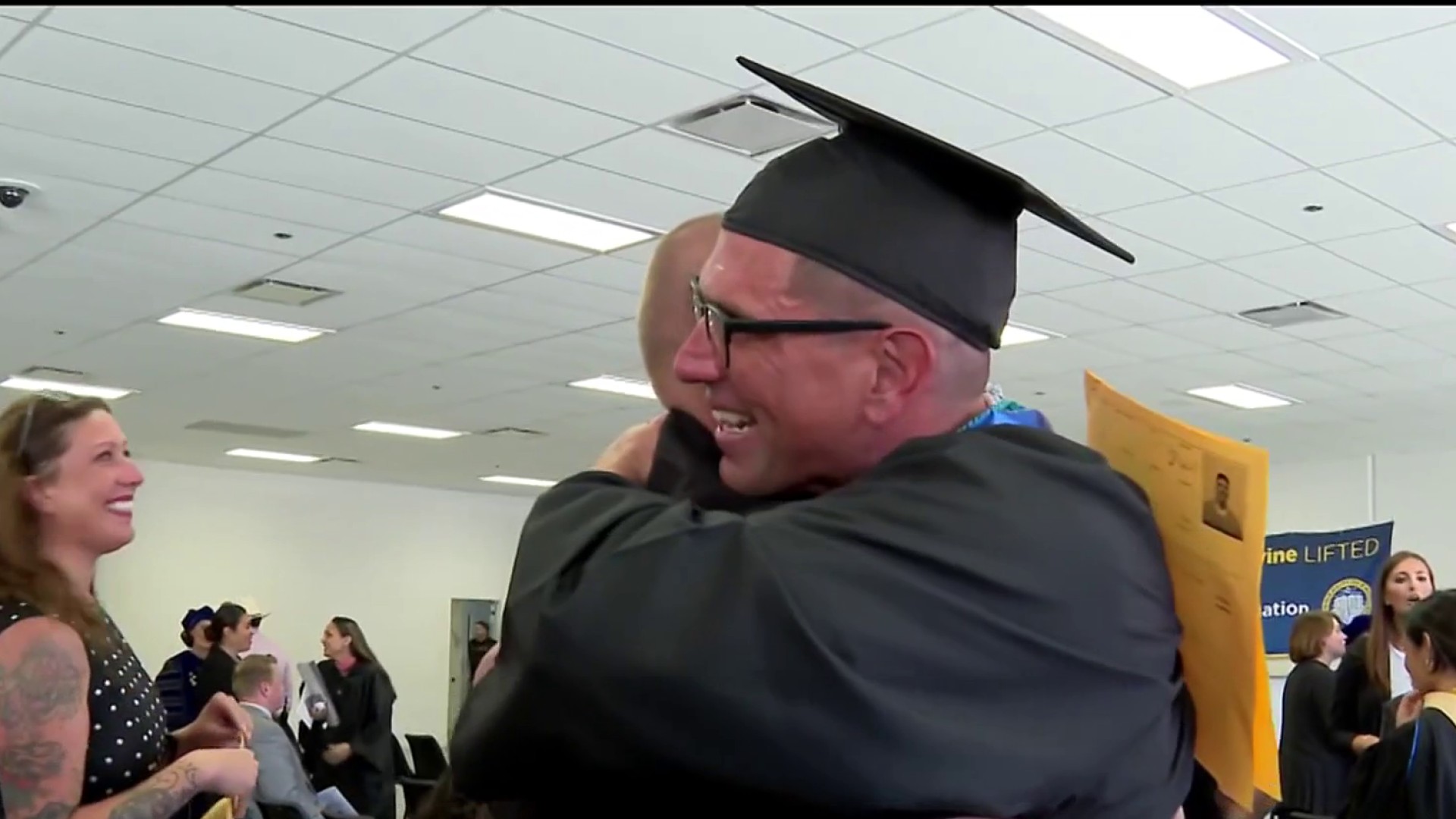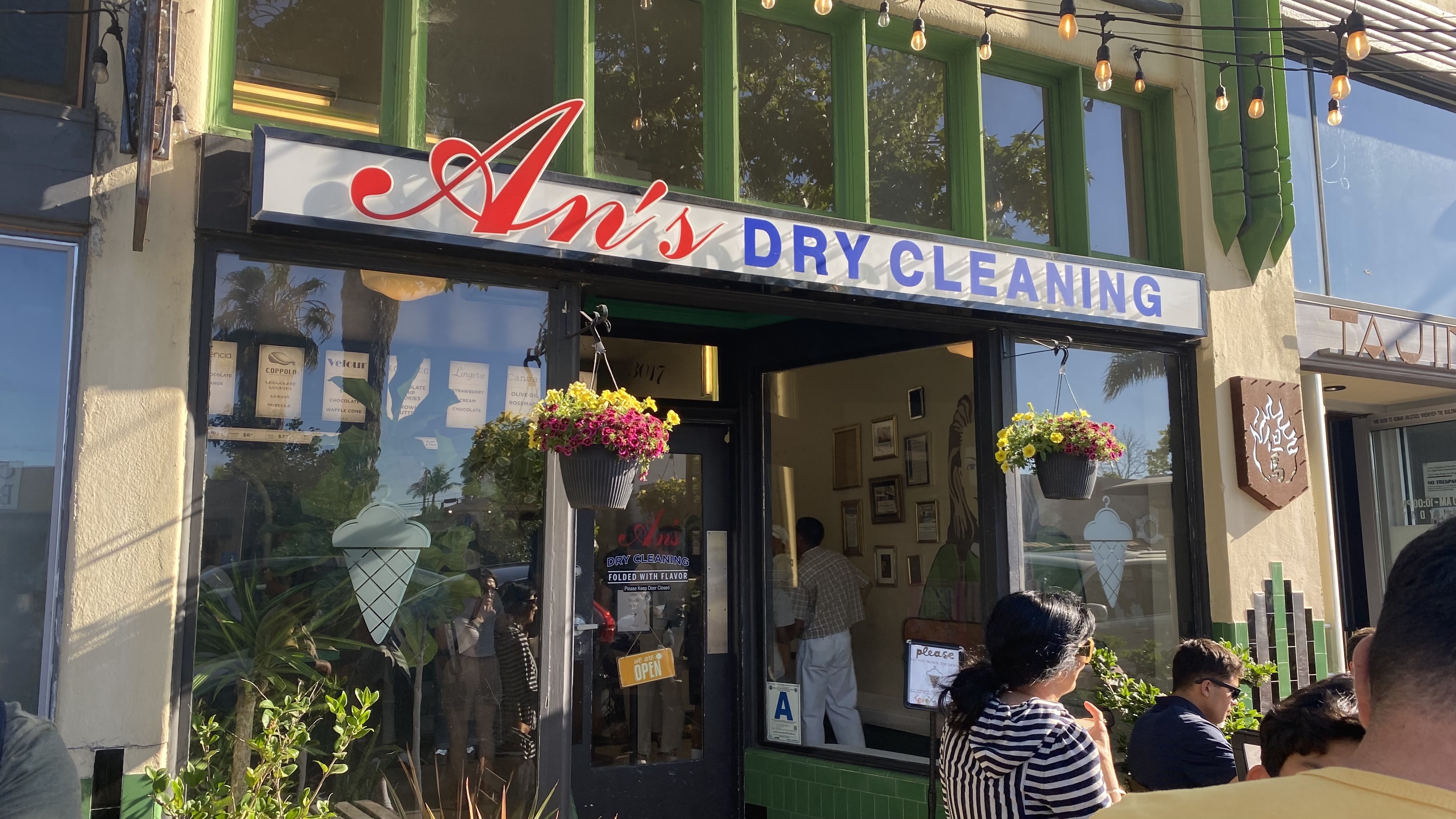Five families are scheduled to arrive in San Diego next week, before the revised executive order on immigration takes effect, according to a non-profit organization that works to resettle refugees in the region.
The state of Washington said Thursday it would renew its request to block the newest executive order signed Monday by President Donald Trump. Other states have plans to join in on Washington's legal action while Hawaii has launched its own lawsuit.
“Over the last three weeks, between executive orders, we resettled a family from Afghanistan and then two families and two single individuals from Iraq. How grateful are they,” Jewish Family Service San Diego CEO Michael Hopkins asked those who attended a public forum Wednesday night at Temple Emanu-El.
Several people spoke about the status of refugee resettlement in the U.S. following the March 6 signing of the newest executive order.
The revised travel order leaves Iraq off the list of banned countries but still affects would-be visitors from Iran, Syria, Somalia, Sudan, Yemen and Libya.
Mark Hetfield, U.S. president and CEO of HIAS, the oldest international migration and refugee resettlement agency, said he sees no difference between the revised travel order and the one rejected by the 9th U.S. Circuit Court of Appeals.
He described it as “a little less cruel and chaotic than the first one.”
Local
“Make no mistake about it," he said. "The refugee ban in this executive order is totally intact and remains unchanged from the previous one. The Muslim ban is basically intact.”
Basma Al-Khateeb, an aid worker from Baghdad, was able to move to San Diego with the help of a Jewish host family. She had to leave Iraq when she could no longer protect her daughters from threats of violence.
She offered a perspective for those hoping to settle in San Diego.
When they learn they are leaving for the U.S., refugees will sell or give away anything they can’t pack and take with them, she said.
“When you fled your country, you leave so many things,” she said describing how she had to leave behind mementoes of her parents. “You bring your home with you. Your loved ones with you.”
She said she couldn’t imagine getting approval to relocate, getting on a plane and then being told she could not enter the U.S.
“That would be the most difficult thing,” Al-Khateeb said. “Just thinking you just have nowhere to go.”
Hetfield asked those who wish to support the resettlement of refugees in the U.S., make noise and get involved.
The Anti-Defamation League of San Diego County, Jewish Family Service of San Diego, Jewish Federation of San Diego and the Leichtag Foundation hosted the discussion.
Since 2005, Jewish Family Service San Diego has resettled more than 3800 refugees in our region, Hopkins said.



